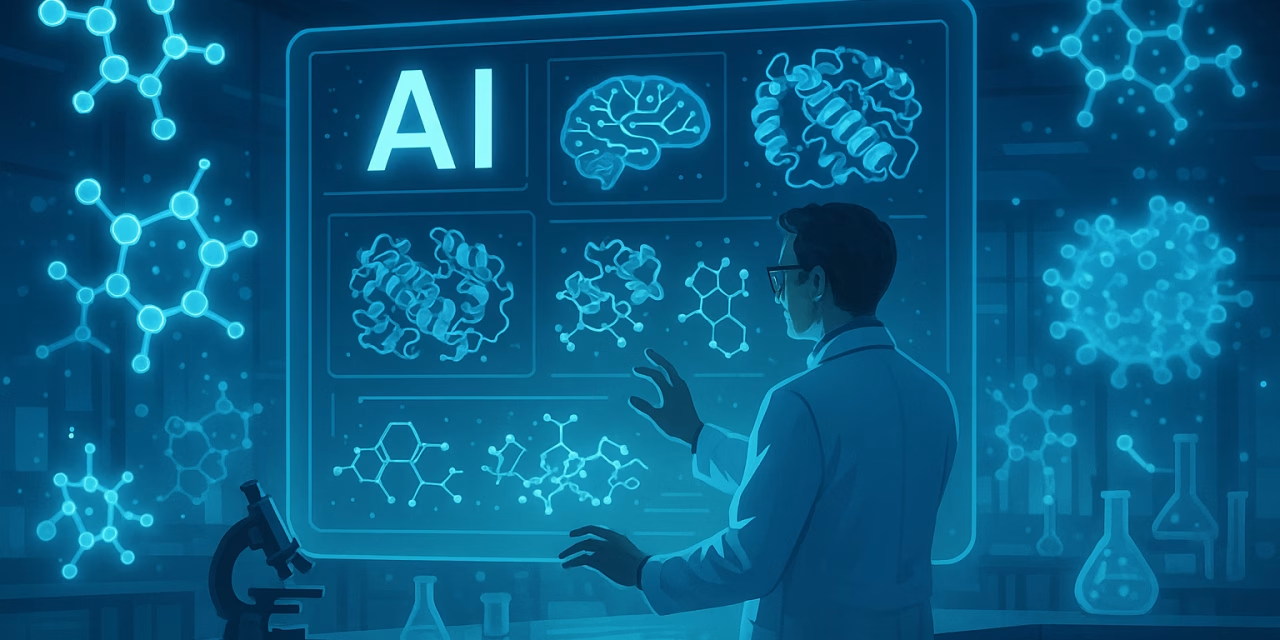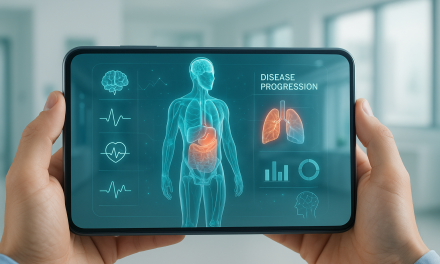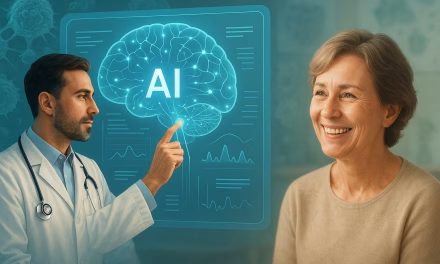July 13, 2025, brings a compelling vision from Nvidia CEO Jensen Huang, outlining Artificial Intelligence’s profound potential to revolutionize disease treatment and drug discovery. Huang’s insights underscore a future where AI models delve into the intricate world of proteins and chemicals, understanding their meanings and complex interactions. This process, akin to advanced drug discovery, demands a level of data comprehension far beyond that of language-based AI systems.
Huang emphasized that while the development of such sophisticated healthcare AI technology is more complex than teaching AI about language, the foundational technology exists today. He projected widespread implementation of these capabilities within three to five years, signaling a rapid acceleration in medical AI breakthroughs. This vision is complemented by recent research, such as a study published in Nature Communications, demonstrating that AI models can accurately estimate brain age using MRI data, further solidifying AI’s practical applications in diagnostics and personalized medicine.
The implications of this progress are immense. AI-driven drug discovery could drastically reduce the time and cost associated with bringing new therapies to market, offering hope for previously untreatable diseases. Furthermore, AI’s ability to analyze vast datasets of patient information could lead to more precise diagnoses, personalized treatment plans, and proactive health interventions.
While the path to fully realizing Huang’s vision involves overcoming significant data challenges and ensuring ethical deployment, the momentum is undeniable. The convergence of advanced AI models with biological and chemical data promises to unlock new frontiers in medicine, transforming healthcare from a reactive system to a predictive and preventative one. This future, where AI acts as a powerful ally in the fight against disease, is closer than ever.





